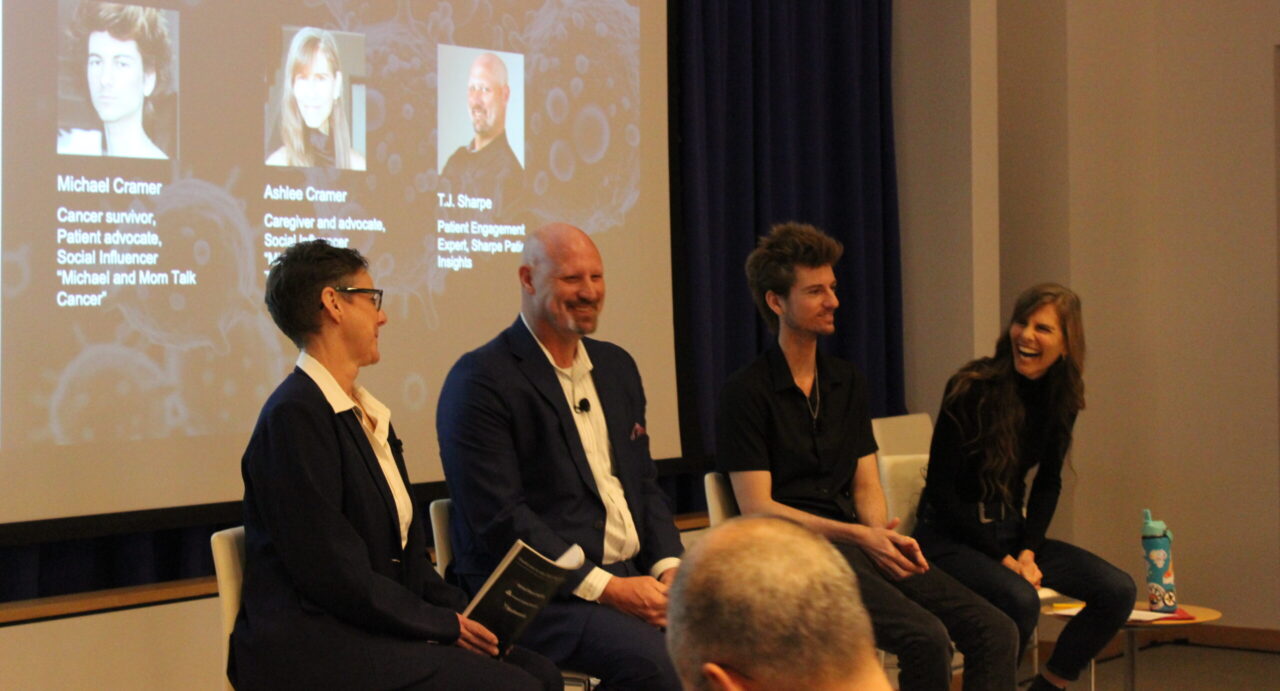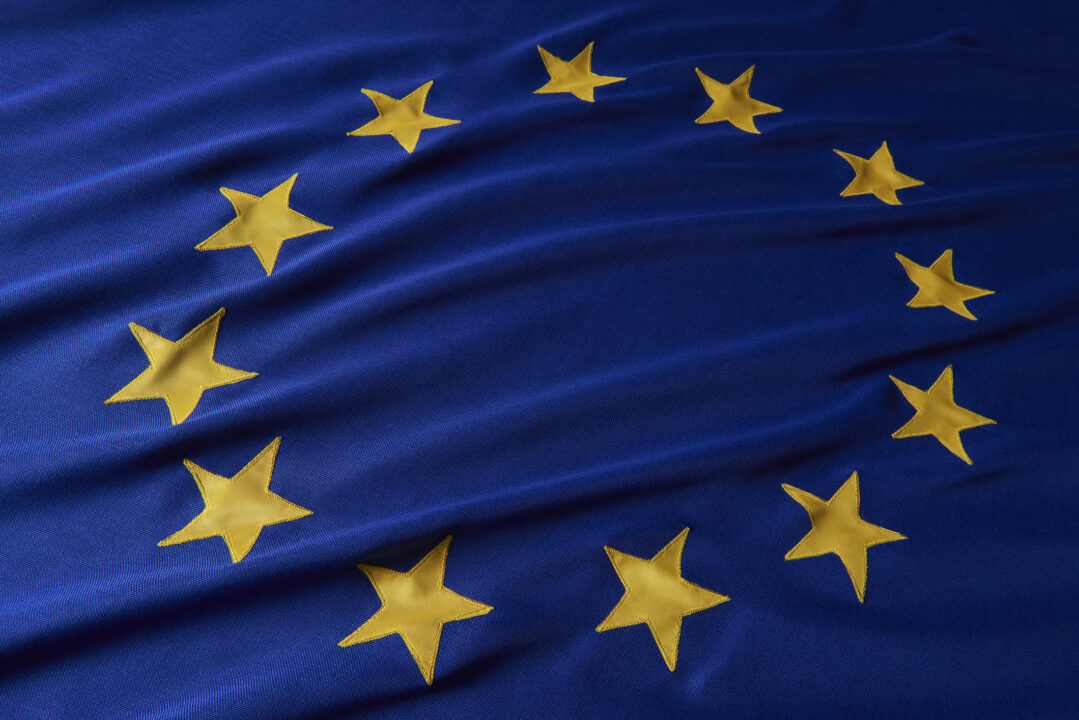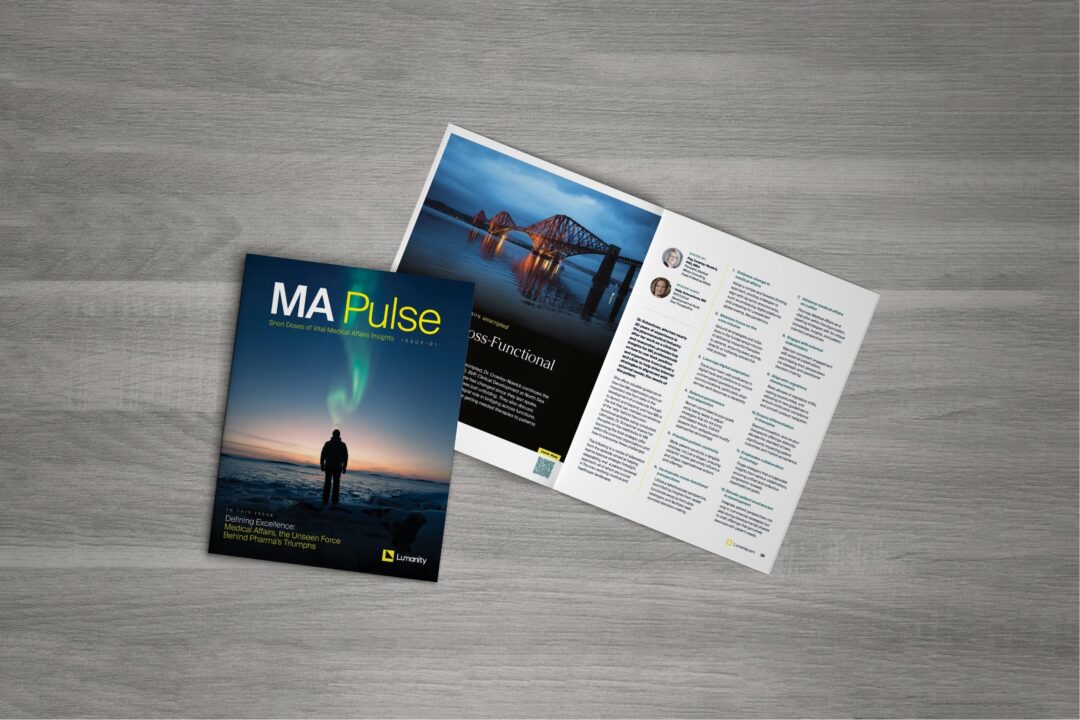Authored by Innovative Science Solutions, now part of Lumanity
Suffering from scientific information overload (SIO)? Nowadays, scientific information is bombarding us from all angles, leading to information overload which, according to the Information Overload Research Group, is also referred to as “information glut”, “infoxication”, or “data smog” and “occurs when the information available exceeds the processing abilities of the individual in the time available.” So how is it possible for anyone to realistically stay up to date with huge volumes of new and relevant scientific information even though staying current on the science is such an important duty for many stakeholders (e.g. attorneys, manufacturers, risk assessment managers, etc.), arming them with information that can help in the courtroom, regulatory area, or for gaining an edge in a new business opportunity or minimizing risk.
The Problem: “It feels like I’m drinking from a fire hose!”
The pace at which new science is being published is relentless, and with no end in sight. According to a recent PubMed statistic (PubMed being just one of many literature indexing services), between the years 2015 and 2020, the total cumulative citations increased from ~25.3M to ~31.5M, representing an almost 25% increase over this short period. While the underlying factors driving this explosion are multi-factorial, some of the possible factors responsible for this explosion include:
- An increase in the number of legitimate peer-reviewed journals
- An increase in the number of predatory journals and even “fake-paper factories”
- An increase in the practice of “scientific salami slicing” where a body of research is sliced into as many publications as possible
- An increase in the number of scientists across the world
- Increased pressure and competition to publish among academics (i.e. “publish or perish”)
- An increase in publications by researchers that were forced to stay home during COVID-19 since they were able to focus on writing papers rather than research
How to stay up to date without feeling overwhelmed? Technology can help
Integrating a science monitoring process into established workflows can be a major undertaking and a point of stress for stakeholders and their teams. After all, staying up to date on the science is not typically a primary job responsibility, and it can take a significant amount of time and resources to search and filter through lists of potentially relevant literature. Further, all that time spent searching is time not being devoted to reading, analyzing, and determining the impact of a study on your legal case or business. In addition, there always remains the constant sense that some important article has been missed despite the best effort of all the automated feeds and alerting services used.
One approach is to cobble together various disparate tools to help track and organize the relevant literature on a topic. For instance, expert searches can be setup in PubMed (thoroughly explained in the video below) followed with email alerts. However, keep in mind that this will have to be replicated for other literature databases (e.g. Google Scholar), which then leads to multiple emails swirling around your inbox and no capacity to easily share the same lists with all of your team members. This process can quickly become overwhelming and hard to keep on top of on a regular basis.
The ideal solution is a unified platform that integrate searches from multiple online publication databases using keyword search terms tailored to your specific needs. The system then pushes out an integrated weekly email to all team members, where the email provides a list of the new literature with abstracts, plus links to the articles for further reading or retrieval. By having a single source of information delivered right to your inbox, the different alerting services and feeds can be eliminated, and you can turn your attention to the content of the literature being delivered to your inbox. Ideally, the results of the monitoring efforts should be stored in a database, preferably cloud-based, so that the literature can be accessed remotely, instantly, and it is easy to find as needed.
How we help attorneys and companies keep their finger on the science pulse
Based on our experience and expertise, we have developed a proprietary solution that is focused on solving the science monitoring problems described above. Our tool acts as your personalized literature search assistant to keep you up to date with scientific literature that is relevant to you. Our expert curators, coupled with machine-learning algorithms, provide the best opportunity to ensure that the relevant literature is identified, nothing is missed, and the results are conveniently delivered to you in a single email once per week.
If you are frustrated with your current scientific literature search strategy (on any scientific topic), get in touch and learn how our tool can save you valuable time and prevent frustration. We have scientific literature monitoring expertise in vaping (electronic cigarettes or e-cigarettes), nicotine, poly- and perfluoroalkyl substances (PFAS), asbestos, talc, and various therapeutic areas, although our custom solution can be tailored to any program.










